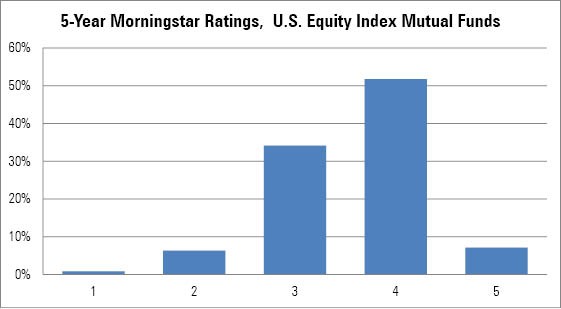When Selecting Funds It’s Not All About the Fees
Post on: 16 Март, 2015 No Comment

Nobody wants to pay more than they have to for something, whether it’s a designer handbag, a bottle of Pinot Noir or an investment fund.
How big of a role fees should play in investors’ decision when making fund selections has been a long-running question in the investing world.
There are two broad schools of thought. One school maintains that over time there is no benefit to be gained from investing in the higher-fee funds that typically engage in active stock selection strategies to outperform the market. According to this school of thought, investing in passive index funds that offer the lowest fees available will generally offer better performance over the long term. The other school of thought argues that there are actively-managed funds that can deliver sustained outperformance over time which justifies paying the fees.
Whichever side of this debate you are on, at the end of the day, performance matters. And within the context of performance, fees are an important variable, but not the only, or even primary variable. There are many attributes investors need to consider when choosing an investment fund, from the appropriateness of the asset class to performance over different time periods, risk tendencies, manager tenure and orientation towards growth or income.
Case Study: Jim and Cathy
Jim and Cathy are a married couple in their early 30s, both with good jobs that provide a stable income. They have recently started to take active wealth-building steps by constructing a diversified portfolio with exposure to different asset classes they believe will provide strong returns over the long term as they move through different phases of life. One of the asset classes they are interested in adding to their portfolio is small cap equity funds. which they understand can offer good performance for investors with a suitably long time horizon. The question they are debating is whether it makes more sense to invest in one of the small cap index funds that typically have lower fee structures, or to spend more for an active fund that may provide outperformance relative to a small cap market benchmark. Furthermore—if they do decide to opt for the lower-cost passive index vehicle, are there significant performance differences between alternative index funds?
According to our research that ranks funds against 50 important performance attributes, including return, risk, fees, tax, income, and other categories to match each investor with the fund best suited to his or her unique needs and preferences, the following three funds are the top choices in the small cap space. Interestingly, two of these are active funds with higher expense ratios, while one of them is a cost-competitive index fund.
These are from a pool of 785 funds with a track record of at least five years.
These funds all demonstrate higher than average returns over multiple time periods with risk slightly higher than the broader stock market (we use the Vanguard SP 500 index fund as a proxy for the broad equity market). 
Actively-managed style funds will tend to have higher expense ratios than index funds.  An investor looking at these top three funds may conclude that the Homestead Small Company fund. an actively managed fund, offers good value given its attractive returns over multiple time periods and reasonably low risk (as measured here by standard deviation). However, one could question whether those returns are sustainable throughout different market cycles given it is an actively-traded fund and depends on the ongoing skill of its managers. The Vanguard Small Cap fund. which is an index fund, appears to offer good value relative to the broader stock market (i.e. as represented here by the Vanguard SP 500 fund) and is reasonably competitive across return and risk considerations with the other top two funds.
In evaluating index funds as an option, Jim and Cathy should bear in mind that not all low-fee funds in a given asset class offer the same performance benefits. Consider the following table, which compares the Vanguard Small Cap fund with three other small cap index funds – all with lower fees than the Vanguard Small Cap fund.
Since these are all small cap index funds, one would expect their performance measures to be reasonably close. However one can see that the Vanguard fund demonstrates consistently stronger perf ormance against the other three and would appear to be a better portfolio addition. This underscores the point that while low fee funds can be a good idea, performance also matters, and not all index funds in a given asset class have the same performance attributes. Make your selection based on all the things that matter, not just fees.
 
Jemstep Inc. is a free online investment guidance and management service that helps individual investors make better mutual fund and exchange traded fund (ETF) selections and achieve their financial goals faster. Jemstep’s investment evaluations, based on patented technology and objective market data, are unbiased and transparent. Jemstep does not accept paid listings or sponsorships that influence its fund rankings in any way, nor does it factor subjective user reviews into the guidance it provides. A privately owned company with headquarters in the heart of Silicon Valley, Jemstep is a registered investment advisor under the rules and regulations of the U.S. Securities and Exchange Commission. To learn more, please visit www.jemstep.com.
 
 
+ Follow Fox Business on Facebook














